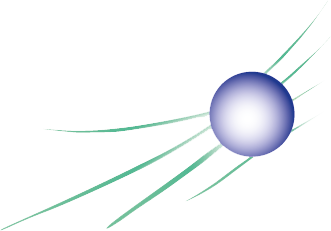ONKO3T-ped-TC/OS Leader: Natacha Entz-Werlé
Pediatric cancers include several tumor types, some of which remain rapidly evolving and are incurable with current therapies. Among these cancers with an extremely poor prognosis are high-grade gliomas and metastatic osteosarcomas whose overall survival remains less than 10%. These malignant tumors have many common features including rapid local evolution, chemo- and radiation-resistance, and a tumor microenvironment characterized by a profound hypoxia. To understand tumorigenesis in relation to this hypoxic microenvironment, preclinical models derived from tumor cells of these patients have been developed. This program, called PEDIAMODECAN, has established in vitro and in vivo preclinical models. This translational and integrated approach aims to acquire functional knowledge to develop precision medicine adapted to each tumor type. These models integrate also intra-tumor heterogeneity and the microenvironment characteristics (hypoxia, immune cells and, in the case of gliomas, cerebral electrical activity). These avatars allowed us to study the interactions between tumor cells and hypoxic signaling pathways and to identify specific therapeutic targets that gave rise to a first phase I trial, named RAPIRI, in refractory pediatric cancers. This hypoxic environment is playing a central role in our preclinical studies to understand its implications in terms of tumor cell plasticity, impact on tumor metabolism and on microenvironment immune cells. Dissecting these mechanisms in pediatric gliomas and osteosarcomas also makes it possible to study functionally the efficacy of new therapies related to hypoxia.
The team is comprising medical researchers and biologists. It benefits from numerous collaborations at the clinical level allowing integrated analyses based on tumor collections and genome-wide analyses. Our team is integrated in the collaborative pediatric oncology basic research network, REACT4KIDS (REsearchers in oncology ACTing for kids).


